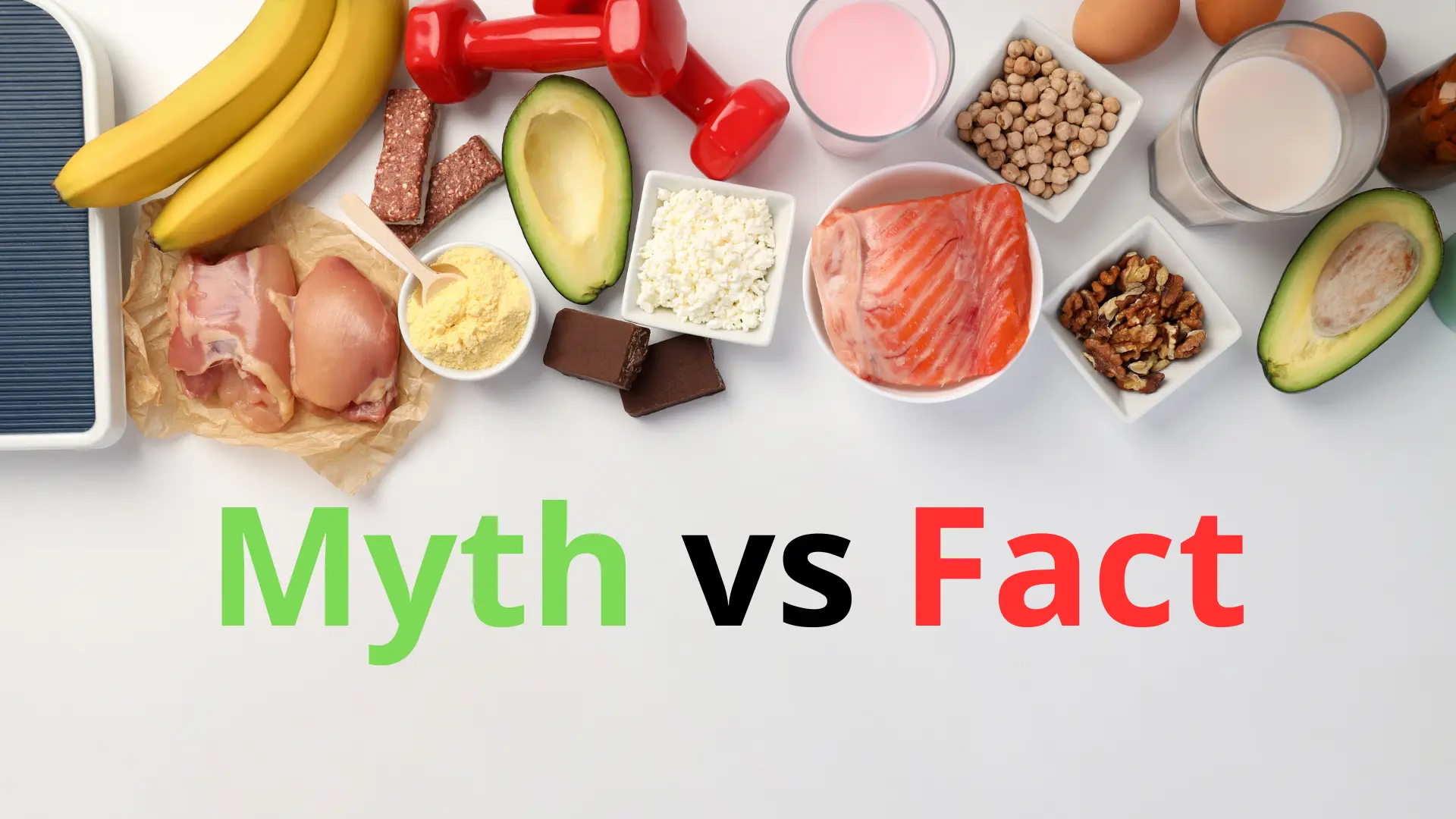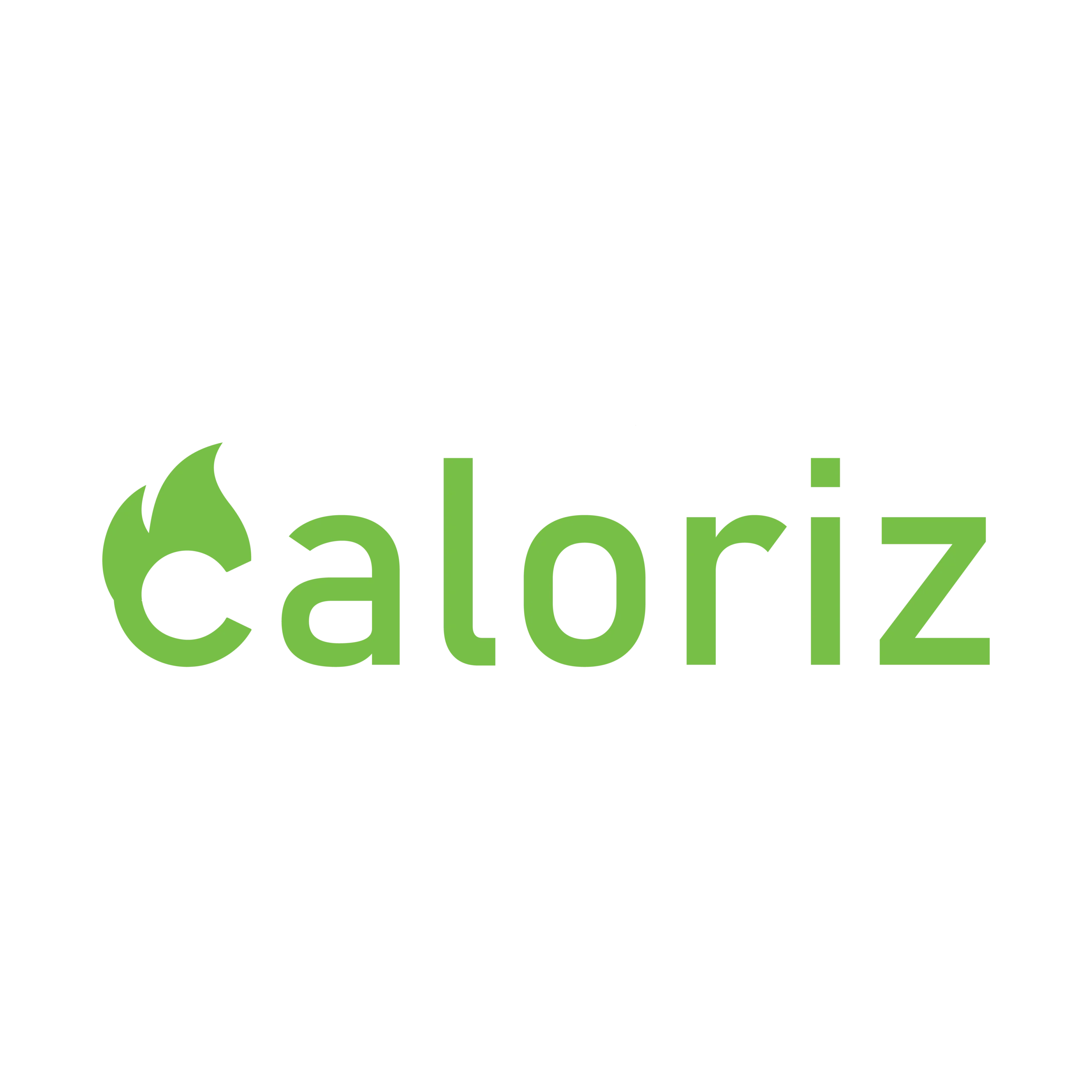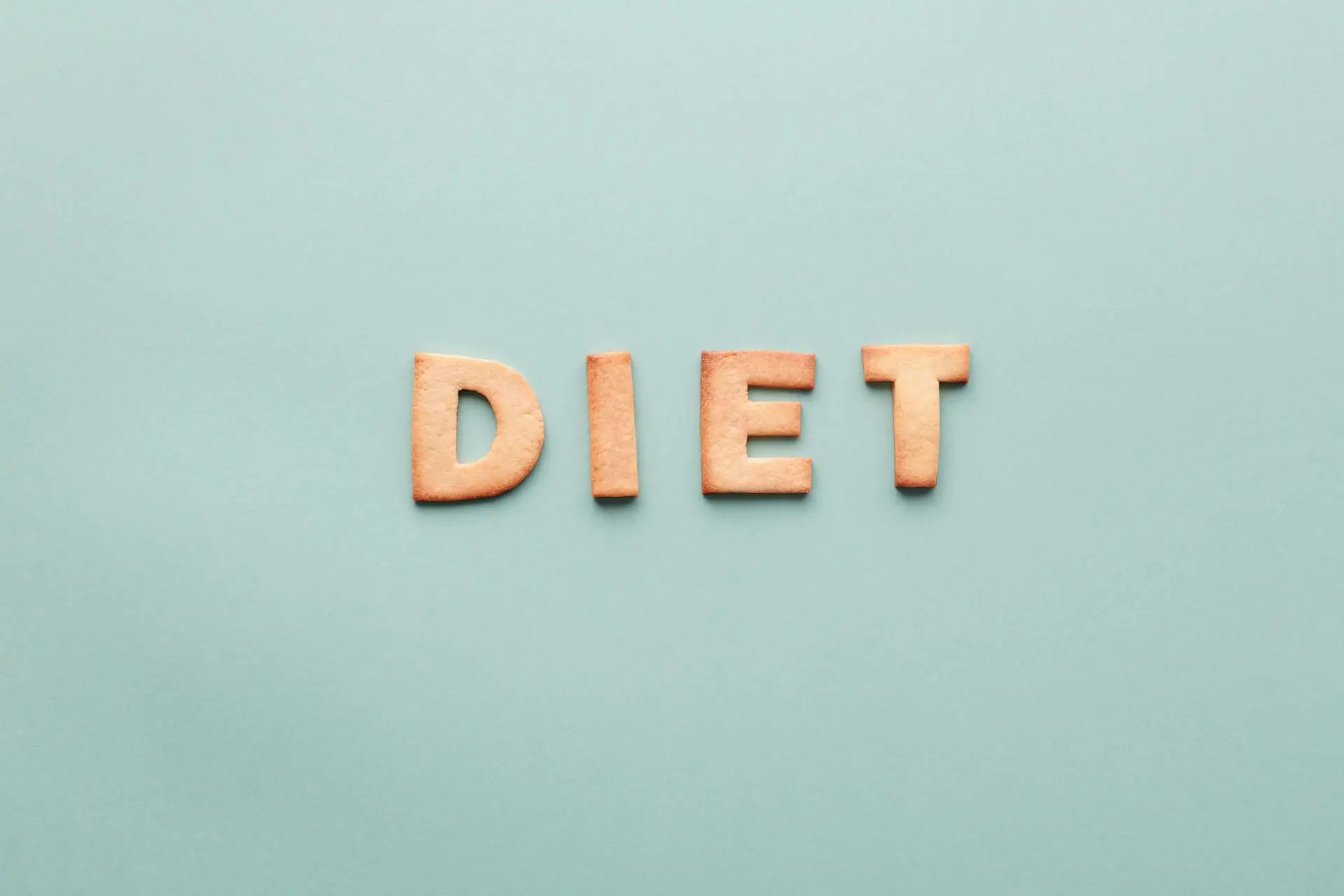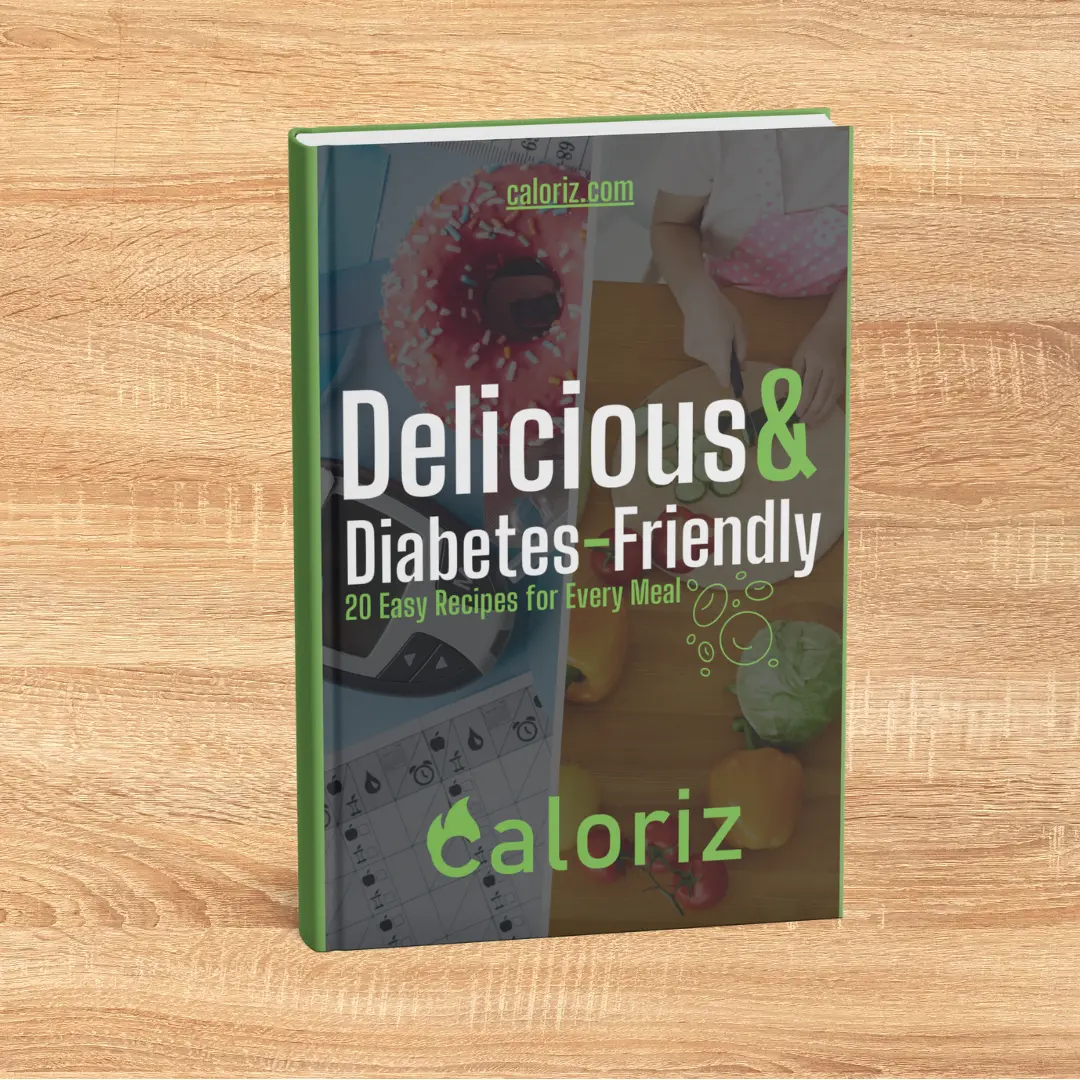Aligned 7 Nutritional Myths Debunked: Evidence-Based Insights for Healthy Eating
In a world flooded with dietary trends and nutrition advice, it’s easy to get lost in a sea of misconceptions. Understanding the truth behind these nutritional myths is essential for making informed choices that promote health and well-being. This article investigates Nutritional Myths Debunked, shedding light on common misconceptions and providing evidence-based insights and practical advice to help you navigate your dietary journey.

Myth: Carbohydrates Are Bad for You
One of the most pervasive myths is that all carbohydrates lead to weight gain and should be avoided. While it’s true that refined carbohydrates can spike blood sugar levels and contribute to weight gain, complex carbohydrates found in whole grains, fruits, and vegetables are essential for a balanced diet. They provide energy, fiber, and vital nutrients that our bodies need.
Evidence: Studies show that diets rich in whole grains can lower the risk of heart disease and promote better digestion. Instead of fearing carbs, focus on incorporating healthy sources, such as brown rice, quinoa, and whole grain bread, into your meals.


Myth: Eating Fat Makes You Fat
The belief that dietary fat is detrimental to health is outdated. Healthy fats, such as those found in avocados, nuts, and olive oil, are crucial for various bodily functions, including hormone production and nutrient absorption. Furthermore, healthy fats can actually promote weight loss by keeping you full longer.
Insight: Research indicates that diets higher in healthy fats, such as the Mediterranean diet, can lead to improved heart health and weight management. Emphasizing the right fats rather than eliminating them is key to a balanced diet.
Myth: All Calories Are Equal
While it’s true that weight management is fundamentally about calories in versus calories out, the source of those calories is equally important. For instance, 100 calories from a sugary snack affects your body differently than 100 calories from nutrient-dense vegetables. The latter offers vitamins, minerals, and fiber that enhance overall health.
Practical Advice: Prioritize whole foods that provide a variety of nutrients over processed foods high in sugars and empty calories. This not only supports weight management but also contributes to overall well-being.


Myth: Late-Night Eating Causes Weight Gain
Another common misconception is that eating late at night leads to weight gain. The truth is that what you eat throughout the day is more important than when you eat it. Late-night snacking can contribute to weight gain only if it leads to an excess of calories consumed.
Tip: If you’re hungry at night, choose healthy options like a piece of fruit, yogurt, or a handful of nuts instead of high-calorie junk food to satisfy your cravings without the extra calories.
Myth: You Need Supplements for Optimal Health
Many people believe that supplements can replace a healthy diet. While they can be helpful in certain situations, they should not be seen as a substitute for whole foods. Nutrients work synergistically in their natural forms, providing benefits that supplements often cannot match.
Expert Opinion: Nutritionists recommend focusing on a balanced diet rich in fruits, vegetables, whole grains, and lean proteins to obtain necessary nutrients. Use supplements only to fill specific gaps in your diet, if needed.


Myth: Detox Diets Are Essential for Health
Detox diets have become a popular trend, but the idea that we need to “cleanse” our bodies is largely unfounded. Our bodies are equipped with effective detoxification systems—the liver and kidneys—capable of eliminating toxins without extreme diets.
Advice: Instead of detoxing, focus on nourishing your body with a variety of whole foods. A balanced diet naturally supports your body’s detoxification processes.
Myth: Eliminating Entire Food Groups Is Necessary
Many fad diets promote the elimination of entire food groups, which can lead to nutrient deficiencies and an unhealthy relationship with food. While some individuals may have allergies or intolerances, most people benefit from a balanced diet that includes a variety of food groups.
Recommendation: Rather than cutting out food groups, aim for moderation and diversity. Incorporate a wide range of foods into your meals to ensure you’re getting all the nutrients your body needs.
Frequently Asked Questions (FAQ)
Are all fats bad for me?
Can I eat carbs and still lose weight?
Do I really need to detox my body?
Is it necessary to count calories?
Can I rely on supplements for my nutrition?
What if I crave snacks at night?
By debunking these nutritional myths, we can better understand the foundations of healthy eating. Knowledge is empowering, and having the right information allows us to make choices that support our health goals. Remember, a balanced diet rich in whole foods—combined with an understanding of nutrition—can lead to improved health and wellness.
By understanding these Nutritional Myths Debunked, you can navigate your dietary choices with confidence, leading to a healthier and happier life!
Follow & Subscribe
An Amazing Newsletter Awaits You!
Latest Article
Latest News & Blogs





